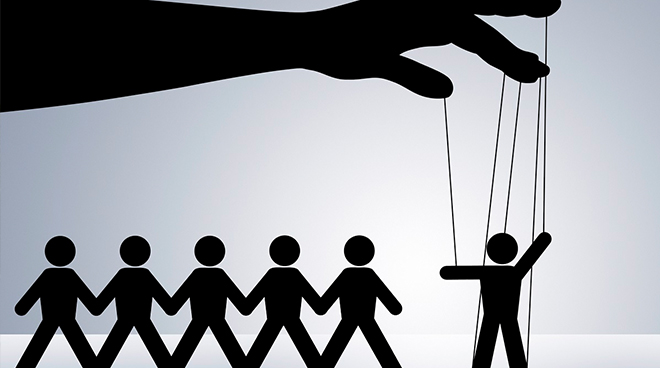- Marcel Ciolacu, desemnat premier de Klaus Iohannis
- Cine este Crin Antonescu?
- Acord între PSD, PNL, UDMR și Grupul Minorităților Naționale. Crin Antonescu candidat comun la prezidențiale
- Blocaj în negocierile pentru formarea noului guvern
- La 35 de ani de la Revoluție, dosarul crimelor din acele zile zace în justiție
Free Will Under the Lens of Evolutionary Biology

|
Getting your Trinity Audio player ready...
|
Once more the topic of free will comes in discussion, this time from evolutionary biology point of view. Stanford University neurobiologist Robert Sapolsky, drawing on over four decades of research, contends that human behavior operates largely beyond conscious control, akin to involuntary physiological processes like seizures or cell division. His argument centers on the idea that assigning praise or blame to individuals for factors beyond their influence perpetuates an unjust world. Sapolsky asserts that free will is an illusion and proposes that we cease connecting actions and consequences to individuals when they lack genuine control over them.
Since the concept of free will profoundly shapes our self-perception and the emotions of satisfaction or remorse linked to our achievements and actions, Sapolsky acknowledges that his standpoint may provoke disagreement, which is why he initially hesitated to publish his book, „Determined: A Science of Life Without Free Will” which comes as conclusions of over three decades studying baboons in rural Kenya.
Despite his attempt to avoid confrontations, Sapolsky firmly believes that understanding the absence of free will is essential for a more just society which is why he has published a book, „Determined” .
In his book, Sapolsky delves into the neurochemical factors that influence human behavior, examining the moments leading up to actions such as pulling a trigger or making physical contact. He asserts that if no single neuron or brain can act without external influences, there is no room for free will.
While this perspective aligns with the idea that many factors beyond our control shape our decisions, such as hunger, stress, genetic inheritance, and upbringing, it challenges the traditional notion of free will that is deeply ingrained in human biology and society.
Sapolsky contends that human decision-making, from choosing careers and romantic partners to simple actions like picking up a pen, is influenced by a multitude of subconscious and external factors. These factors shape our choices in ways we often don’t consciously recognize. He suggests that even the advertising algorithms that seem to predict our preferences are a result of our previous behaviors and decisions, rather than any free will.
Sapolsky’s own journey to this belief began when he rejected religious beliefs and embraced atheism as a teenager. He emphasizes that while change is possible, it stems from external stimuli, similar to how sea slugs react to electrical shocks. His perspective on determinism aligns with the idea that individuals cannot act differently than they do in a given situation.
Supporters of determinism argue that this perspective can lead to a more humane and effective approach to criminal justice, prioritizing the prevention of harm over assigning blame. This approach seeks to address the underlying causes of criminal behavior rather than focusing on punishment, ultimately aiming for more compassionate and practical practices and policies.
Sapolsky’s perspective that free will is an illusion is considered a minority viewpoint. While he argues that our behavior is largely shaped by subconscious and external factors, some experts disagree. They believe that neural activity is too variable, with inputs only imposing parameters rather than determining specific outcomes. They also worry that embracing the idea of no free will could lead to psychological suffering and hopelessness.
Even those who acknowledge biological limitations on choice, like philosopher Saul Smilansky, argue that it’s essential for a just society to believe in the possibility of transcending genetic and environmental constraints. Studies have shown that disbelief in free will can lead to negative consequences, including increased cheating and aggression.
Sapolsky discusses these concerns but ultimately believes that the effects seen in such experiments are not significant enough to suggest that civilization will collapse if we accept the absence of free will. He emphasizes the importance of maintaining a sense of personal agency, even if our choices are influenced by numerous factors.
Sapolsky’s true hope is to foster greater compassion, particularly by helping people understand how early trauma or brain conditions can influence behavior. He believes that just as past generations’ beliefs about seizures being caused by witchcraft were undone by scientific discovery, current beliefs about personal responsibility may also evolve as we gain a better understanding of the human brain.








